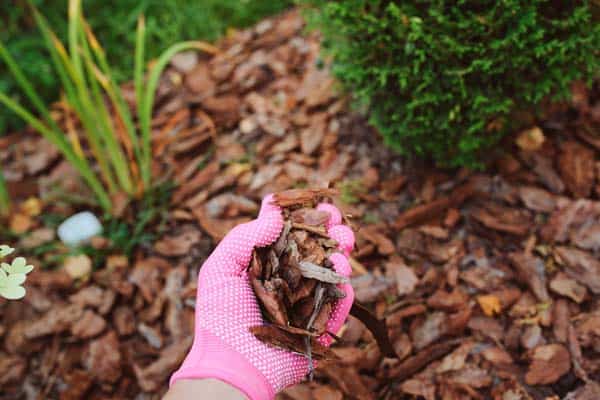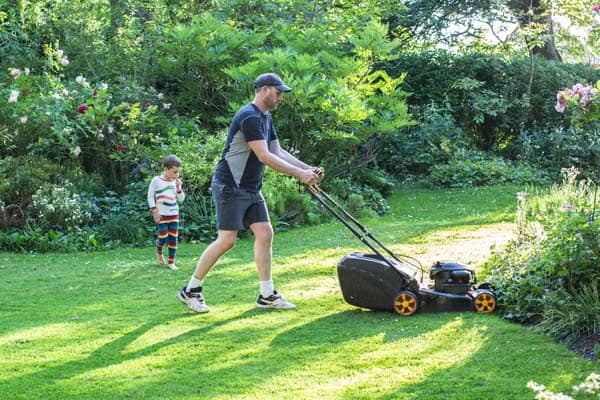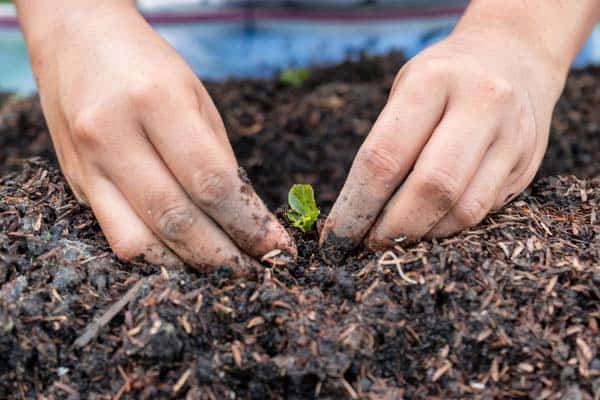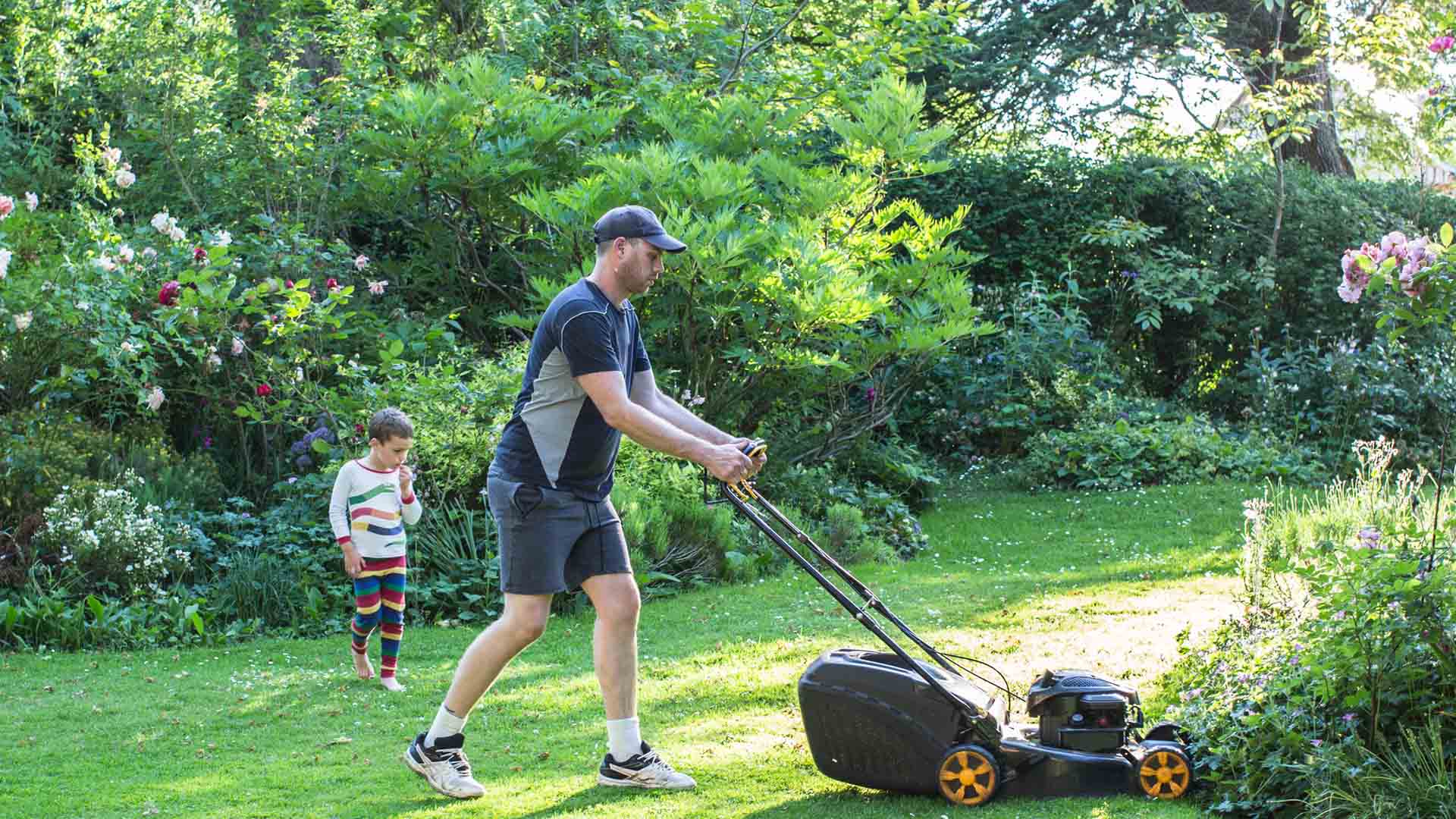The weather is quickly warming up in Port Macquarie, and before we know it, the Australian summer will be here once more! Here at The Westport Club we absolutely love Summer as it is when Port Macquarie is at its best. The days are longer, we can head to the beach and it’s also perfect camping weather! Summer is also a good time to get out in the garden and get some jobs done. At the Club, we’re lucky enough to have a talented team of greenskeepers to maintain the bowling greens. We sat down and asked them for their top gardening tips for Summer.
Gardening tips for early Summer
Mulching
Mulching garden beds can assist in several ways; it blocks the heat of the sun and keeps plant roots cool (and therefore less stressed), and it keeps the soil underneath moist, retaining moisture for future use on those hotter summer days. Mulching also prevents weed growth, and if you use a mulch made from organic matter, it also adds extra nutrients into the soil as it breaks down over time. According to Gardening Australia expert Sophie, mulching helps to reduce watering by up to 60%. There are lots of different types of materials that can be used for mulching, including wood chips, pea straw, sugar cane mulch as well as small stones, gravel and tree bark.

Soil preparation
Add additional nutrients to the soil in your garden by adding organic matter like compost. The added bonus of this is that the compost will also add more moisture to your soil. Like mulch, there are many different types of composts. If you are lucky enough to have your own compost heap, use that, but if not – there are plenty of different options at your local hardware, at affordable prices.
Add Water Storage Crystals to soil in pot plants and garden beds. Water storage crystals absorb water from the soil, storing close to the roots of the plant. They release moisture back to the plants gradually as they need it in dry times. You can also sprinkle them on your lawn to help it retain moisture too.
Weeding
Stay on top of weeding. Weeds steal precious water and nutrients from the other plants in your garden and will grow and spread faster in warm weather. Pull them out while they are still young and pliable, it’s much easier to do at that stage. It may seem like hard work but it’s good exercise and you’ll also be saving yourself from more weeding if you do it while they are young; young weeds won’t have gone to seed so you will be preventing the spread of more weeds by eradicating them early on.
What to do in times of drought
During a period of drought, feed your plants a small amount of fertiliser, on a frequent basis. If plants are already heat-stressed, giving them a lot of fertiliser all at once (which they then have to work harder to absorb) will only place them under further stress. Where possible, use a water-soluble fertiliser so that the nutrients are more easily absorbed.
Mowing
Mow your lawn less during hot weather. Raise the mower’s blade in times of very hot or dry weather, to reduce stress on the lawn. Raising the mower blades means the lawn is not cut a short, but don’t worry; if there’s not been a lot of rain then your lawn will be growing at a slower rate anyway. You should also try to mow your lawn while the majority is in shade, either early in the morning or late in the afternoon.
If there has been a lot of rain, wait for the blades of grass to stand back up again – this is usually a sign that the grass is dry. You don’t want to mow your lawn when the lawn is wet for several reasons:
- Wet grass doesn’t cut as cleanly (which can result in larger clippings)
- Wet grass clippings will clump together in your catcher and potentially cause blockages.
- If there has been quite a bit of rain, you can dig up the lawn with the mower wheels or could even get bogged.

Gardening tips for late Summer
Write a list
Before you do anything, take a walk through your garden and take note of what you see. Make a list of jobs that need doing before Winter, such as pruning, dividing up of clumping plants, patching of holes in the lawn, and digging up certain bulbs.
Fertilising
Feed your gardens and lawn with a slow-release, organic fertiliser. The end of Summer is an ideal time to do this as the soil is warmer. Be sure to turn the fertiliser evenly through the soil. The organic matter in the fertiliser will respond well to the heat in the soil and the microorganisms in the fertiliser will continue to thrive, further enriching the soil as time goes by.
Weed your lawn
Apply weed killer to weeds that have emerged in the lawn during Summer. This will help to ensure that these weeds don’t re-emerge in Spring when your lawn awakes from its deep slumber!
Vegetables to plant in Summer
Late in the season as the weather cools off and days grow shorter, you can start to sow vegetables that take a longer time to mature. For example, brassicas such as broccoli, cabbage and brussels sprouts usually take around 16 weeks to reach maturity, so it’s best to get them planted in late summer so you can be enjoying the fruits of your labour in early Spring as the weather starts to warm up again. Sow the seeds in smaller pots and keep them in a cooler, sheltered spot away from the summer sun. Once the weather starts to cool off, you can then plant them into your vegetable patch.

That concludes our list of Summer gardening tips
Well there you have it – our list of top Summer gardening tips. Why not get out in the yard this weekend and do a spot of gardening to prepare your garden for the Summer ahead. What will you be getting up to in the garden this weekend?

